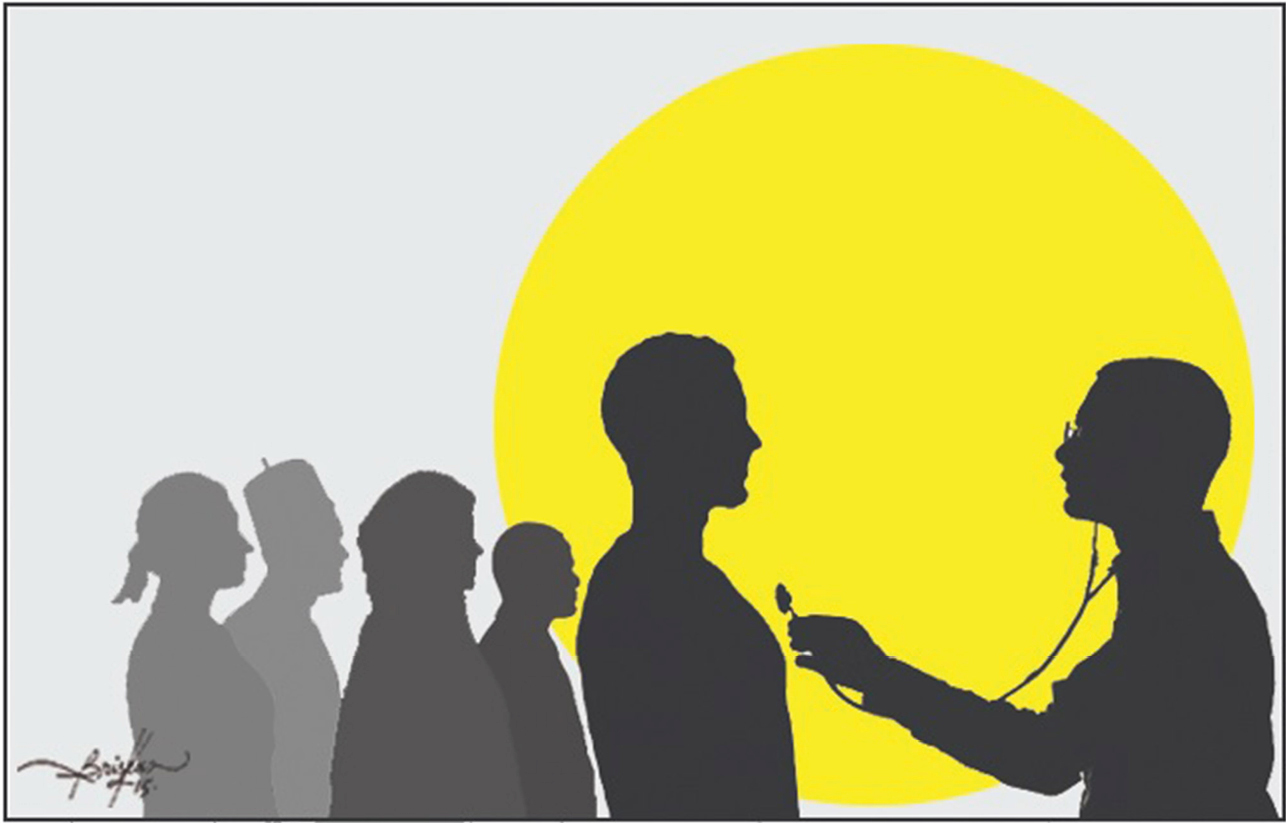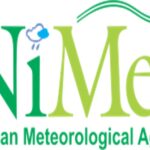Stakeholders in the health sector have recommended measures towards ensuring an effective health tax policy design and implementation in the country.
They made the recommendations during a policy dialogue on health taxes in Nigeria.
The preliminary findings from health taxes policy analysis conducted by DGI Consult with funding from Alliance for Health Policy and System Research (AHPSR) was also presented and discussed at the event.
The stakeholders said earmarking health taxes for health was constitutional because statutorily, all taxes are collected and sent to the federation account which is then shared among the three tiers of government.
- Hajj 2024: Foundation seeks more help for intending pilgrims
- FG postpones inauguration of federal tertiary institutions’ governing councils
They recommended that technology should be leveraged to build a robust electronically-driven system to ensure the availability of accurate data on the local manufacturing and importation of alcohol, tobacco and Sugar Sweetened Beverages (SSB), and that constant monitoring of data is also important to evaluate progress.
The stakeholders noted that the Fiscal Space Analysis for Vulnerable Group Fund revealed that the amount accruable from earmarking 50% of health taxes (alcohol, tobacco and SSBs) can help increase the health insurance coverage of the vulnerable population by 15%, which is higher than the coverage of the Basic Health Care Provision Fund (BHCPF) even when the BHCPF is increased to 2% of the country’s consolidated revenue fund.
While saying that there is a need to conduct focus group discussions (FGDs) with consumers of alcohol, tobacco and SSBs to generate evidence on whether an increase in prices of the products through health taxes will stop or discourage consumption, they said the health sector needs to demonstrate efficiency, accountability and absorptive capacity to make a case for the earmarking of health taxes for the health sector.
The stakeholders also recommended that measures should be put in place to ensure that health taxes are complementary and not a replacement for the government’s investment in health.
Speaking during the dialogue, Dr Gafar Alawode, Managing Partner, DGI Consult, and Principal Investigator, Health Taxes Policy, said taxation of products that are detrimental to health is not new and that some of them have been in existence for decades.
He said what is new, however, is the growing realisation that these taxes could be deployed as tools for curbing excessive consumption of detrimental products, including but not limited to tobacco, alcohol and sugar-sweetened beverages.
He said Nigeria, like other low- and middle-income countries (LMICs), is recording an increasing burden of Non-communicable Diseases (NCDs), as close to a third of all deaths are now attributable to NCDs, adding that therefore, now is the auspicious moment to deploy every effective tool to tackle NCDs including health taxes.
He said the journey towards effective design and implementation of potent health tax policy could be more political than technical and that “stakeholders have to prepare to tackle a lot of misleading industry-driven narratives aimed at either weakening or halting implementation of health taxes for profit reasons but often disguised as economic advice to the government Ministries Departments and Agencies (MDAs).”
Dr Robert Marten of the Alliance for Health Policy and Systems Research, said there was compelling evidence that taxes were one of the most effective ways to reduce consumption of unhealthy products, adding that these taxes are part of a strategic public health approach.
The Director, Food and Drugs Services of the Federal Ministry of Health and Social Welfare, Olubunmi Aribeana, who was represented by Yakubu James Sumi said the ministry was happy to see the findings of the research on the policies that need to be developed in a manner to ensure that unhealthy products are properly and appropriately taxed, and the proceeds from such taxes used to strengthen the health system.
Dr Adamu Al-Hassan Umar, President, Nigeria Cancer Society and Co-Chairman National Action for Sugar Reduction Coalition, said there remains a huge gap in healthcare financing in Nigeria.
He added that vulnerable populations cannot afford the high cost of managing non-communicable diseases yet they are the ones who often depend on this sugar and sweetened beverages for sustenance.
Some of the preliminary findings of the health taxes policy analysis in Nigeria are that there is no stand-alone legislation for the control of alcohol and SSB in the country and that multiple taxation and challenges in health tax administration are also critical gaps identified in the implementation of health taxes in the country.

 Join Daily Trust WhatsApp Community For Quick Access To News and Happenings Around You.
Join Daily Trust WhatsApp Community For Quick Access To News and Happenings Around You.

